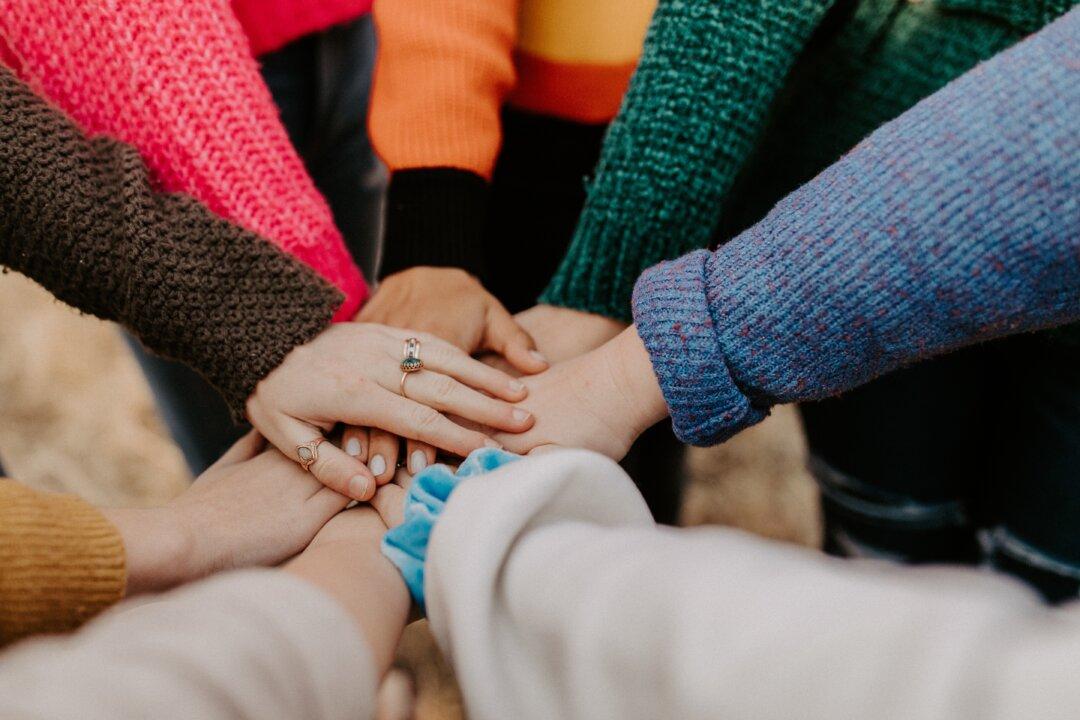Commentary
This past week has been spent at in-person meetings, first at the Brownstone Institute annual conference and gala in Texas and currently at Hillsdale College in Michigan. The former was glorious for me because the institution only came into existence 2 1/2 years ago and yet feels robust and lasting.





